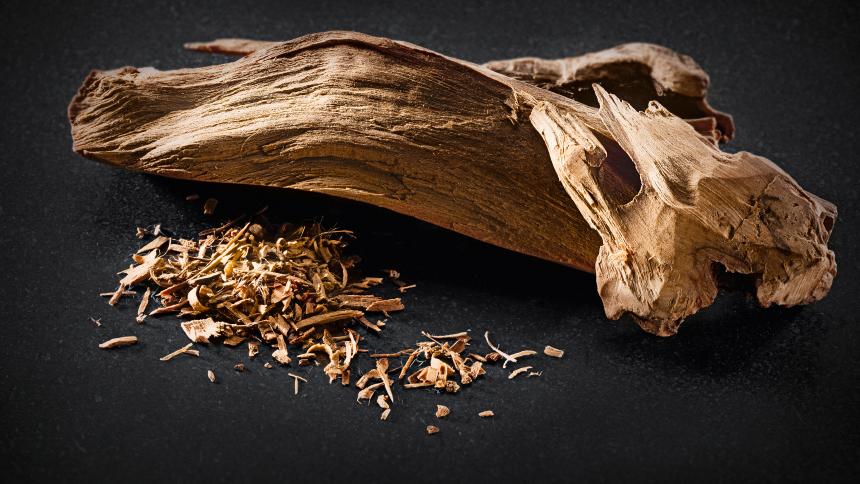With the SUV to the organic market – this inconsistent Feel Good mental attitude finds more and more friends. BMW has now created its own cleaning product line for its trailers.
Tuesday, 19.04.2016
05:58 clock
“Greenwashing” is the name given to the efforts of companies whose main purpose is to create a sustainable, ecologically correct image of the company in public. A green label for a not so green company. BMW has now perfected this idea: The automaker offers for its vehicles, namely a specially created product line of cleaning agents, with the customers of the company car and conscience to cleanse. “PureCare inspired by BMW i” is her name.
The product name sounds like made for people who eat a schnitzel with fries only when it is touted as “fillet of veal on baked potato wedges”. He cleverly creates an illusion.
When you talk to Vanessa Schwarzbach, who is responsible for the Pure Care project, this illusion becomes even stronger. Suddenly, all the things that give the car a bad taste, are very far away.
Good feeling at any price
“For our products, we use only natural ingredients that are obtained from non-edible residues of the food industry,” says Schwarzbach. Extracts of orange peel in upholstery spray or organic grapefruit in glass cleaner, olive oil in leather care or ginger in the glass clear. Save the world with cleaner is the message here.
The good feeling when cleaning plaster has its price: The leather balm costs 15 euros, the upholstery cleaner 13 euros or the disc clear spray beats with 8.10 euros in the office. But this is the means but just not all-chemical nuggets from the drugstore shelf. Schwarzbach certifies the means “excellent cleaning and care properties, at the same time they are biodegradable and environmentally friendly”.
Even the bottles and labels are produced in special processes with low water and energy consumption, she says. The automobile toiletry bag for transporting the car cosmetics is sewn from fabric and leather remnants, which are produced during the production of the i3.
Fight behind the scenes
Without the i3, these products would probably not exist, and that in two ways. Because the vehicle not only provides the residual materials for the bag, but also the spiritual breeding ground within the company, where such wonderful little plants as the PureCare project can thrive.
After all, at BMW, there is indeed a branch in the company that sincerely deals with the idea of sustainability. Much has already been written about the fight of the BMW internal as “the Greens” verschrienen fraction of progressives against the traditionalists. Who can assert himself in the end, so far not agreed. For the Greens may at some point tell the story right, but for the traditionalists speak the sales figures: While the i cars flop rather, buzzing business with cars after old fathers custom.
Not a completely new idea
One would like to know, not out of conviction, but out of pure curiosity, what the stale ones at BMW think about the PureCare project. When they listen to Schwarzbach: How she was inspired by homeopathy, old home recipes and extensive forays through drugstores and how difficult the choice of the right substances was in the end: “Smell and feeling must fit the customer’s sensory world,” she says.
“Although lavender, for example, has an antibacterial effect, but has been perceived by the male customers as a too intrusive fragrance”. The fact that Schwarzbach aims at five-digit sales figures with their products and wants to flush real money into the coffers of the company should make people, who love the smell of burned gasoline in particular, only slightly less esoteric.
But Schwarzbach is not alone in its mission. “The idea of sustainable vehicle care is not new,” says Franz Fischer, who heads marketing at manufacturer Sonax in Neuburg an der Donau: “In our research and development of a recipe, environmental friendliness is just as much a focus as the effect.” Biodegradability and the use of renewable resources played an important role, as did the use of environmentally friendly packaging. Fischer gives as an example the carnauba wax. This is obtained from a Brazilian palm and used as a main ingredient in paint preservation.
Proper use in the wrong place?
Hans-Georg Marmit of the KÜS Association of Experts also sees little visionary in the product offensive. Given the tight prices, he sees in the PureCare products not only an image campaign, but above all an attractive business model. “Everything that BMW uses there, belongs to the category of old home remedies,” says the expert. “You do not have to employ research teams, just ask your grandmother,” he says.
Zack, that sat. When Schwarzbach fables the project, it sounds completely different. “For more than a year, BMW developers worked with a local supplier on the formulations, tested various combinations of active ingredients and repeatedly checked their properties in the laboratories of our research center,” says the product manager, praising the efforts of her company. A dozen specialists were already busy at peak times, estimates the BMW manager.
You can see that as an achievement. But, if you look at #Dieselgate, in which Ruch also advised BMW, the big discrepancies between Real and Laboratory consumption, the ever larger and heavier cars, of which also BMW produces a whole bar: Then one wonders in the end, whether the use of resources for a Feel-Good care line would not have been more sustainable elsewhere.

